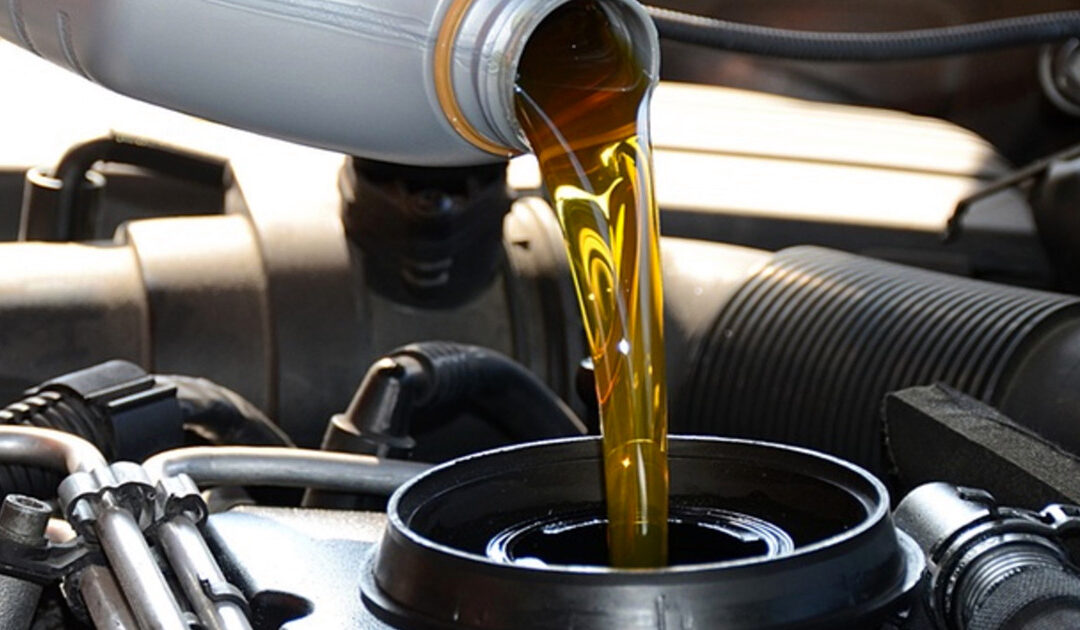Just bought your first car? It is a very exciting time driving your first vehicle off the lot, and whether it is new or used it will take some care and effort to keep it well maintained. There are many aspects of routine maintenance that are essential for keeping your vehicle operating in peak condition, and preserving the value and quality of your auto over time.
One very important aspect of vehicular maintenance is regular oil changes. Why are oil changes so important you ask? Well, quite simply oil is the lifeblood of your vehicle that helps makes sure you get to point A to point B without incident or breakdown. As humans it is not practical, or even possible, to swap out old blood for fresh every few months, so we need nutritious food and exercise to keep our blood rich with the necessary nutrients and oxygen our bodies need to function. Oil provides a similar service for your vehicle, but becomes dirty and contaminated over time. The main difference being that swapping out old oil for new is not only possible, but crucial for the health of your vehicle.
What does oil do for your vehicle?
The main function of oil in your automobile is to provide lubricant to the many working parts of the engine, absorbing heat and preventing the engine’s metal components from grinding against each other. Fresh oil prevents excessive wear on the engine, reducing friction, and keeping it from overheating and seizing up.
What happens to oil over time?
As you continue to drive your vehicle, the oil works to keep everything running smoothly and efficiently. As time passes, the oil begins to lose its viscosity with ongoing use. As the oil thins, it becomes less effective in providing the engine the protection it needs against excessive friction and wear. It also starts to accumulate debris and grime, and even metal shavings if left too long unchanged. Once the oil is contaminated it is no longer doing its job effectively, and can also damage the engine components which may result in costly repairs.
How often should the oil be changed in my vehicle?
The answer to this question varies depending on make and model of the vehicle, type of oil used, driving frequency, as well as the conditions you are driving in on a daily basis.
There are varying opinions on how often your oil should be changed, so the safest bet is to follow the guide in your owner’s manual. This is especially true for new car owners while the warranty is still in effect. Going against the recommendations in the owner’s manual can result in the warranty being rendered void. To keep your warranty intact, you should follow the guidelines on oil type, kilometrage, and time recommendations.
Warning Signs it May be Time for an Oil Change
While you should absolutely follow the recommendations laid out in your owner’s manual, there are also some telltale signs that can be observed to help ensure your engine is not being damaged by contaminated and ineffective oil.
Some warning signs to look out for include:
- Check engine or oil light is illuminated
- Strange sounds
- Strong odors
- Heavy exhaust
- Oil is dark in color
- Extensive travel
Check Engine or Oil Light
This is a very obvious warning sign that your oil is due for a changing. The oil light means your car is directly communicating with you that oil is low or polluted. If the check engine light becomes illuminated this could be a sign of more serious issues, indicating you are at risk of causing damage to the engine.
Strange Sounds
Any clunking or knocking noises emanating from your vehicle could be a signal that the oil is no longer providing sufficient lubrication for the engine. This issue should be addressed immediately to prevent serious damage and expenses.
Strong Odors
If it smells like something is burning while you are driving, or you can smell oil from the inside of your vehicle, chances are your oil is past its prime or may even be leaking.
Heavy Exhaust
Anytime you see heavy smoke coming from your exhaust pipe, it is a good idea to take your car in for servicing as soon as possible. There is most likely a problem with the oil or the engine.
Dark Colored Oil
Fresh oil is amber colored with a slight translucency to it. You can check the color of the oil with the dipstick. If it is black in color and contains particles, it is time for an oil change.
Extensive Travel
Any time you are going on a long trip or doing extensive driving over a short period of time, the oil in your vehicle is going to be working overtime. You may consider changing the oil before or after such an occurrence to prevent excessive wear on the engine.


